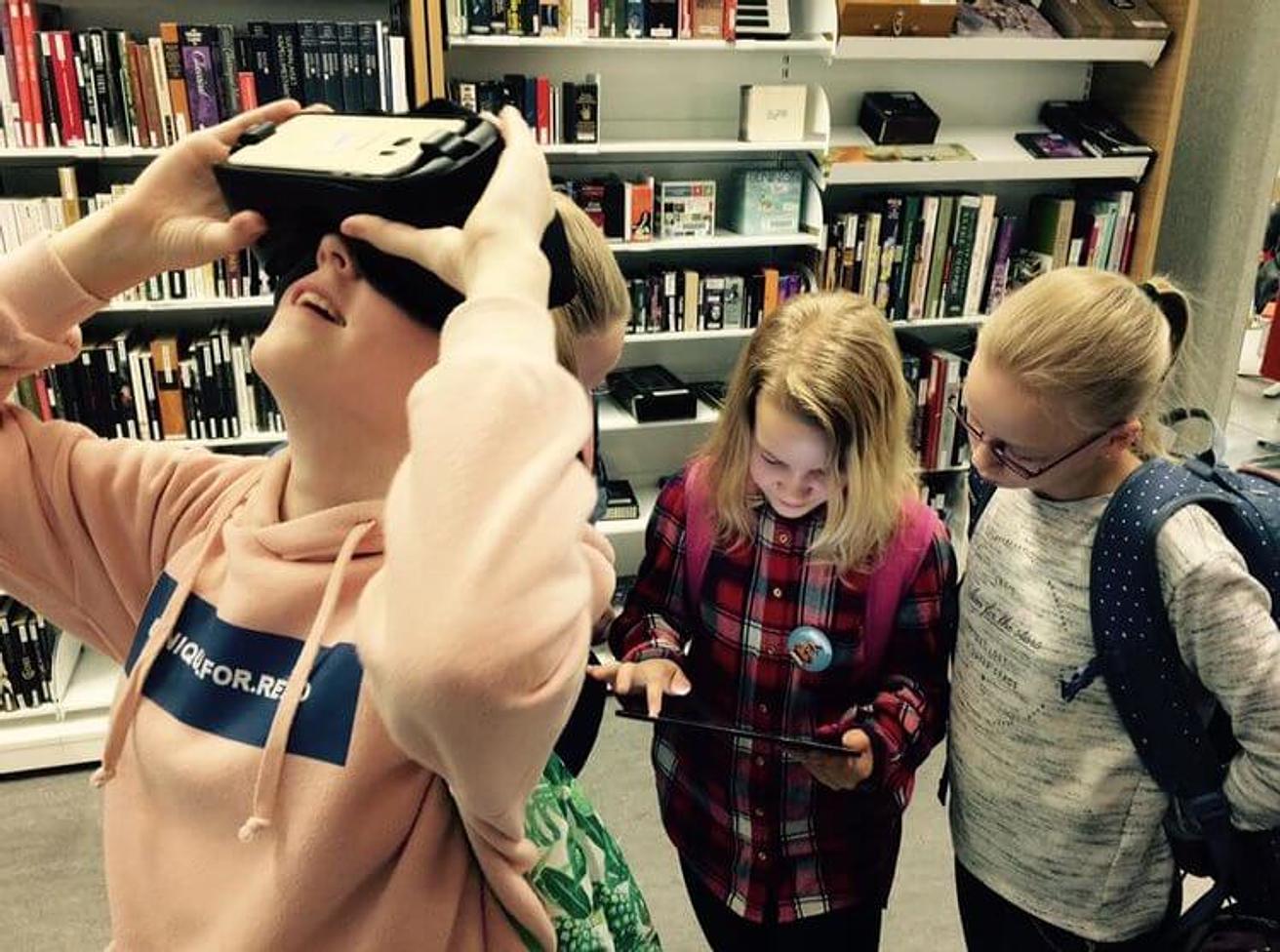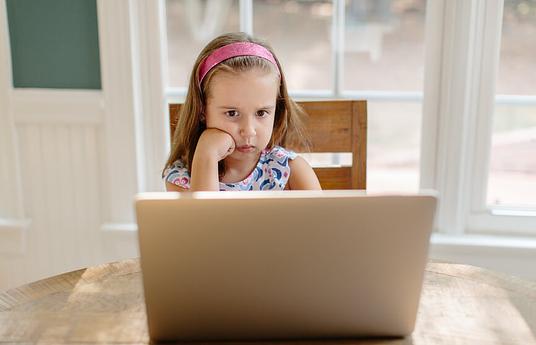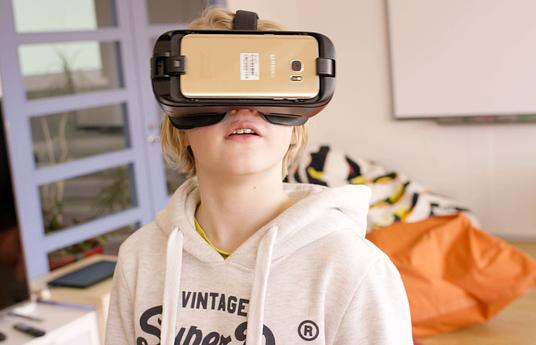Serdar Ferit, Co-founder of Lyfta, was holding a virtual reality workshop in London when he came across a startling surprise.
The students were taking it in turns to use the Lyfta VR headset and describe what they could see and read to the rest of the group. One of the students, Kit Cody, was transported via Lyfta’s virtual reality experience to a weaving workshop in Ethiopia when Serdar asked him to read out loud the multimedia materials he could see in the VR experience. Serdar was not aware at the time that Kit had a severe form of dyslexia and as such found it extremely difficult to read out loud.
Whereas previously Kit would have been unable to read aloud and would experience immense panic from having to do so, he was able to read the short passage perfectly! When he took the headset off, he told Serdar that that was the first time he’d been able to read outloud without making a mistake.
So could virtual reality provide an answer for children with dyslexia?
To find out, Lyfta are conducting a research study to find out more – and you can help! They’re looking for 50 students with dyslexia between 10-13 years old, who are generally academically able but who find it difficult to read out loud. The study would ideally be held in 5 host schools in England or Wales where Lyfta could be stationed for a day to conduct their study. The schools involved would need to be happy with ten children from the surrounding areas being able to come to the host school to take part in the study.
Most of the research project will be carried out in February 2018, so if you’d like to be involved get in touch by the end of January. You can find out more about the study and apply to be involved here.
Find out more about Lyfta’s educational and immersive virtual reality experiences on their project page.





